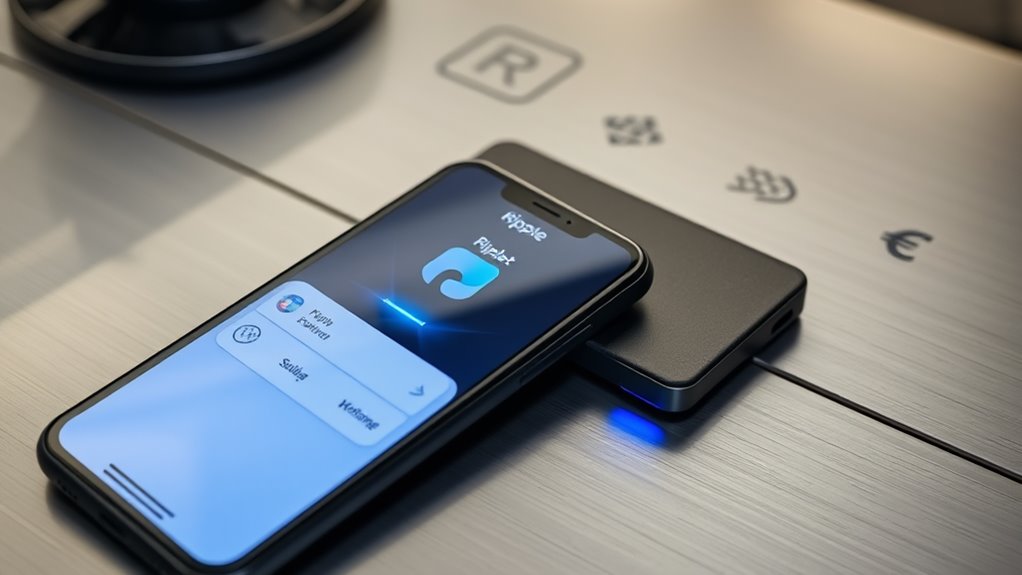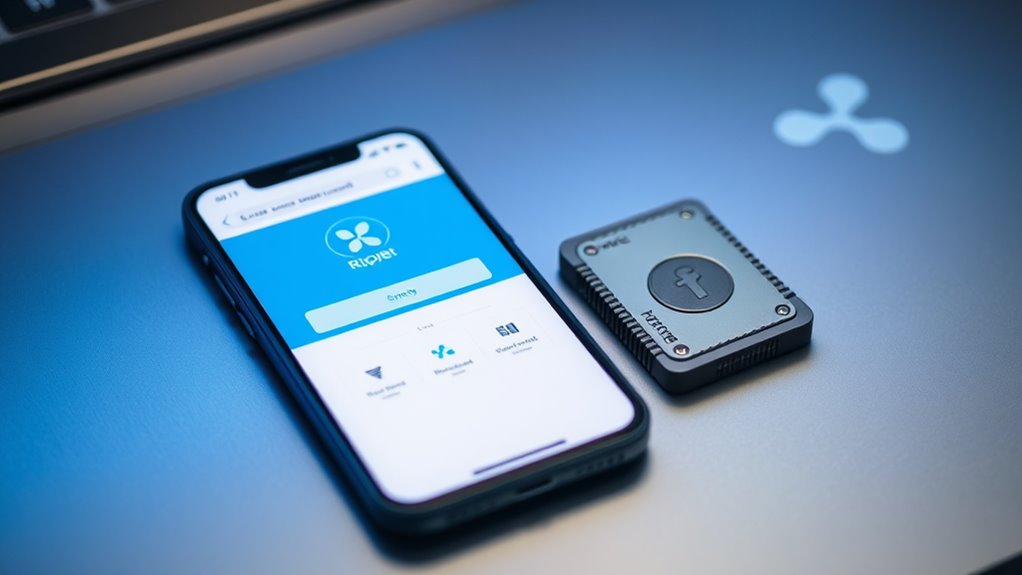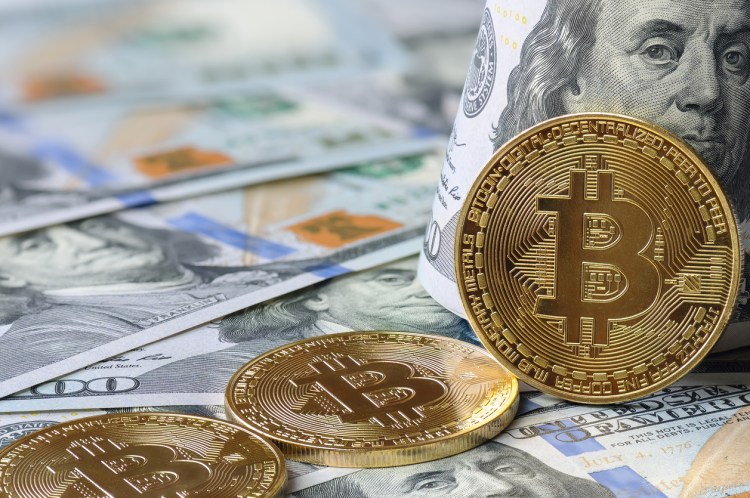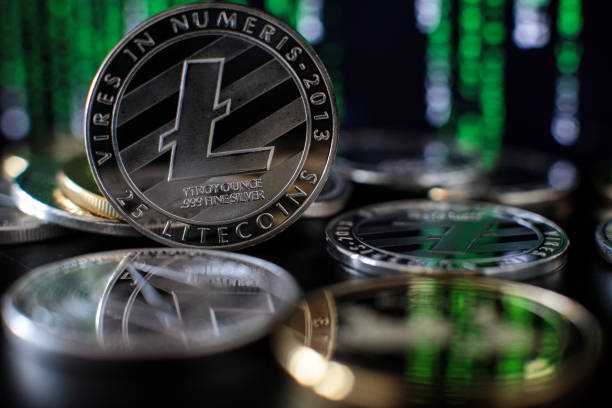Ripple Wallet Basics
Note: This post may contain affiliate links, and we may earn a commission (with No additional cost for you) if you make a purchase via our link. See our disclosure for more info. The crypto world is constantly changing. This content is for informational purposes only and not financial, legal, or professional advice So, please verify the info on the cryptocurrency provider’s websites.
Ripple wallets come in all shapes and sizes. You've got software wallets like XUMM, which support fiat payments and hold your funds. Then there are hardware wallets like Trezor and Ledger, the Fort Knox of crypto storage. Multisig wallets? They need a committee for transactions. Sure, convenience is nice with mobile wallets, but watch out for digital pickpockets! Choosing the right wallet matters. Stick around, more wallet wisdom awaits.

When diving into the world of Ripple wallets, it's a bit like stepping into a candy store—so many options, yet so much potential for a sugar crash. From software wallets that fit snugly in your pocket to hardware wallets that might as well be a brick, the choices can overwhelm anyone.
There's mobile, desktop, and web-based software wallets. You name it, they've got it. XUMM is a standout, offering secure storage and fiat payment support. But hey, don't forget about hardware wallets like Trezor Model T and Ledger Nano X, which keep your crypto safe from digital thieves.
From mobile to hardware wallets, there's a perfect fit for everyone—choose wisely to keep your crypto safe!
Then there are multisignature wallets. These are the party planners of the wallet world, needing several approvals for transactions. They're great for institutions with big bucks at stake, making sure no one just runs off with the cash. Hardware wallets provide maximum security for private keys, ensuring your investments are well-protected. Additionally, ensuring that cookies and JavaScript are enabled in your browser can help you access wallet services without interruptions.
And if privacy is your jam, Hierarchical Deterministic (HD) wallets generate new addresses for each transaction. Sneaky, huh?
Security is a buzzword here. Multi-signature approval? Check. Two-factor authentication? Double check. Strong passwords? Absolutely. But remember, just because it sounds secure doesn't mean it's invincible. Regular updates are a must. Phishing scams are lurking like a bad odor; avoid them.
And let's talk mobile wallets. They promise on-the-go access, which is perfect for those who can't sit still. Plus, they connect with decentralized applications. But convenience and risk often come hand in hand.
On the flip side, hardware wallets are like Fort Knox for your coins, keeping private keys under lock and key. Selecting a wallet with robust recovery options is essential for protecting your assets if your device is lost or stolen.
Choosing the right wallet is a balancing act. Security versus convenience. Long-term storage versus quick transactions. It's a jungle out there. So, do your homework. Research. Check reviews. And remember, the right wallet can make all the difference. Happy hunting!
Frequently Asked Questions
What Cryptocurrencies Can Be Stored in a Ripple Wallet?
Ripple wallets primarily store XRP. That's the whole point, right? Fast and easy cross-border payments.
But some wallets like Atomic or Guarda? They've got a smorgasbord of cryptocurrencies—over a thousand options! So, yeah, you can dabble in other coins too.
Just don't expect your Ripple wallet to be a crypto buffet. If you want XRP, stick with it. Otherwise, go find a wallet that's more flexible. Simple as that.
How Do I Recover a Lost Ripple Wallet?
Recovering a lost Ripple wallet isn't exactly a walk in the park.
First, dig up your backup files or that precious recovery phrase—12 to 24 words of hope.
If those are MIA, consider using brute-force tools to crack your password. Sounds fun, right?
If all else fails, professional recovery services might be your last resort.
Just remember, keep your backups somewhere safe next time. Losing crypto? It's a real buzzkill.
Are Ripple Wallets Safe From Hacking?
Are Ripple wallets safe from hacking? Well, that's a loaded question. They can be secure, but it's not a guarantee.
Hot wallets are like leaving your front door wide open—easy targets for hackers. Cold wallets? Much safer, but not invincible.
Multi-signature wallets add extra layers, sure, but nothing is foolproof. Just remember, if you don't control your keys, you might as well be handing over your cash to a thief.
Can I Transfer Ripple to Other Wallets?
Absolutely, transferring Ripple to other wallets is totally doable.
Just remember, if it's an exchange wallet, you'll need to slap on a destination tag. Miss that, and poof—your XRP could vanish!
A minimum of 20 XRP is also required to get started.
And hey, you'll face a tiny fee of 10 drops per transfer.
What Fees Are Associated With Using a Ripple Wallet?
Using a Ripple wallet comes with a few fees.
First, there's a base transaction fee of 0.00001 XRP, which isn't much, but it adds up.
Want to create a wallet? That'll cost you a 20 XRP reserve, non-refundable. Ouch!
Withdrawal fees? Expect a fixed charge of 0.63 XRP, no matter how much you're pulling out.










